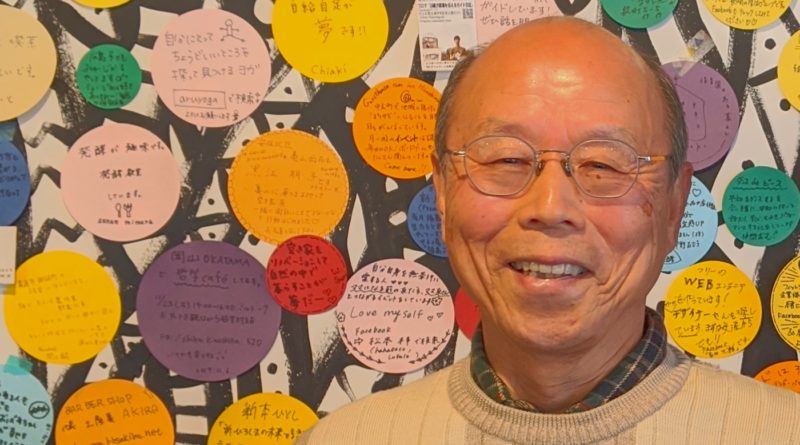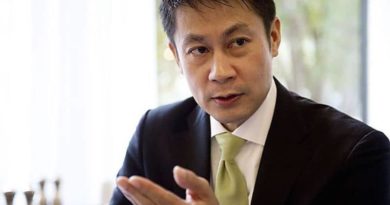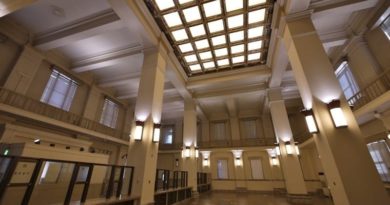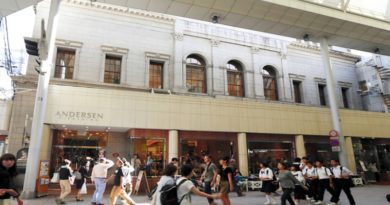Kazuhiko Futagawa, Born After the Atomic Bomb
Kazuhiko Futagawa is an in-utero Hiroshima A-bomb survivor who was in his monther’s womb on the day the A-bomb was dropped on Hiroshima and borna few months later.
Kazuhiko’s testimony of surviving the Hiroshima A-bombing is a collection of stories from his mother and family as he wasn’t yet born on August 6th when the city was attacked, but was born a few months after. At age 74, Futagawa-san is one of the youngest A-bomb survivors, or hibakusha as they are known in Japanese, and has dedicated his life to telling his story in hopes that people might know the horrors and devastation of a nuclear attack on a community.
The Hachidorisha event is a great opportunity to listen firsthand to A-bomb survivor’s stories to be able to make a stronger personal connection to Hiroshima’s community and its legacy.
There are so many powerful stories to take in when listening to Futagawa-san of love, loss, survival, and perseverance. For example, I learned of where his father and sister were at the time of the blast and how his mother spent days after the blast searching on Ninoshima island for them. I learned the story of how his mother and siblings survived by chance as they were at a neighbors house that had a thatched roof instead of their home which may have killed them with shattered glass from the blast. The sound of wailing survivors and then silence haunts his aunt as she told him of that day. His mother’s sickness, but willing herself to live and take care of her children is so powerful.
After talking with Futagawa-san, it is impossible for me to think of nuclear weapons as simply a weapon of war like any other. The consequences of the A-bomb effect lives longer and more powerfully than simply causing death and destruction.
Every month on the 6th, 16th and 26th of every month, Futagawa-san meets with people at the Hachidorisha Social Book Cafe to retell his story of growing up in Hiroshima after he, his mother and some siblings miraculously survived the A-bomb. Kazuhiko speaks English well and can relay his story clearly with photographs and maps.
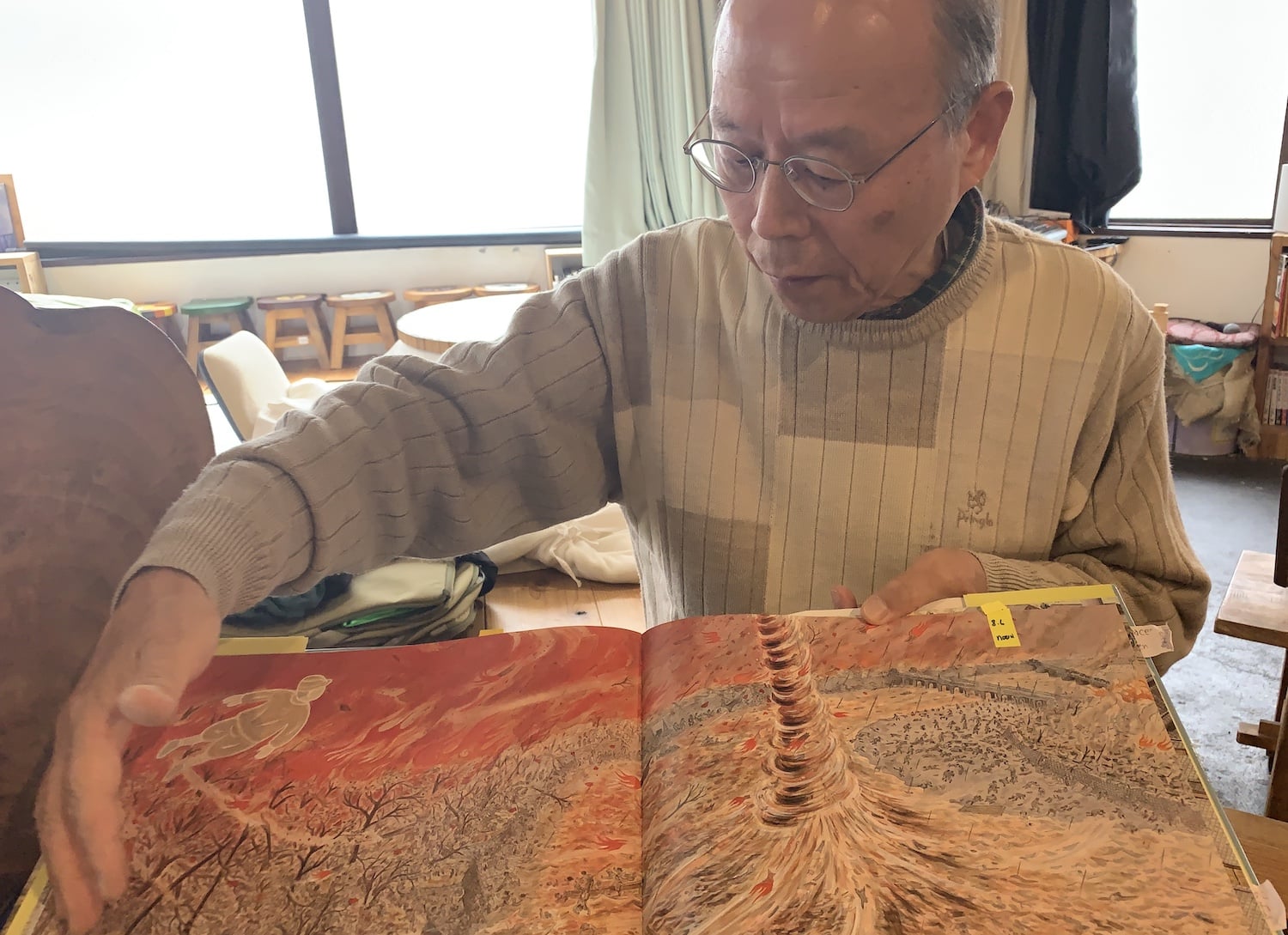
Although he has appeared in news articles and televised interviews many times over the years, there is always some pressure not to. For many hibakusha, painful memories are hard to talk about, but there is added social pressure not to bring up the past for fear of discrimination.
Futagawa-san’s mother never applied for her hibakusha medical book which would have entitled her to have free medical care for life and she never talked of his sister’s tiny uniform she kept hidden in her closet. She never spoke of it which confused and frustrated Kazuhiko, but later he realized she was probably haunted by the memories as well as worried about the discrimination she and her family would suffer if they were open about being A-bomb survivors. Futagawa-san has so much love and respect for his mother and says he will never fully understand her reasons, but always remembers her being so happy and hardworking while raising her children as a single mother.
Kazuhiko told me he was confused about why his mother never got her A-bomb survivor medical book, but that he was proud to get his which entitles him to free medical treatment for life. As a young man, he often spoke about his story in public and was surprised when friends at university asked him if it was ‘OK’ to marry or have children with Hiroshima survivors. It just didn’t make sense to me at the time, he said, I didn’t understand why someone would even ask that.
Bias and stigma are still around, even as we mark this as the 75th year since Hiroshima was attacked. Kazuhiko told me there is worry of bias even now as worry extends to his children, but he is determined to continue to tell his testimony as long as he can. The fear of possible discrimination is as intimidating and a source of stress to survivors as any actual discrimination.
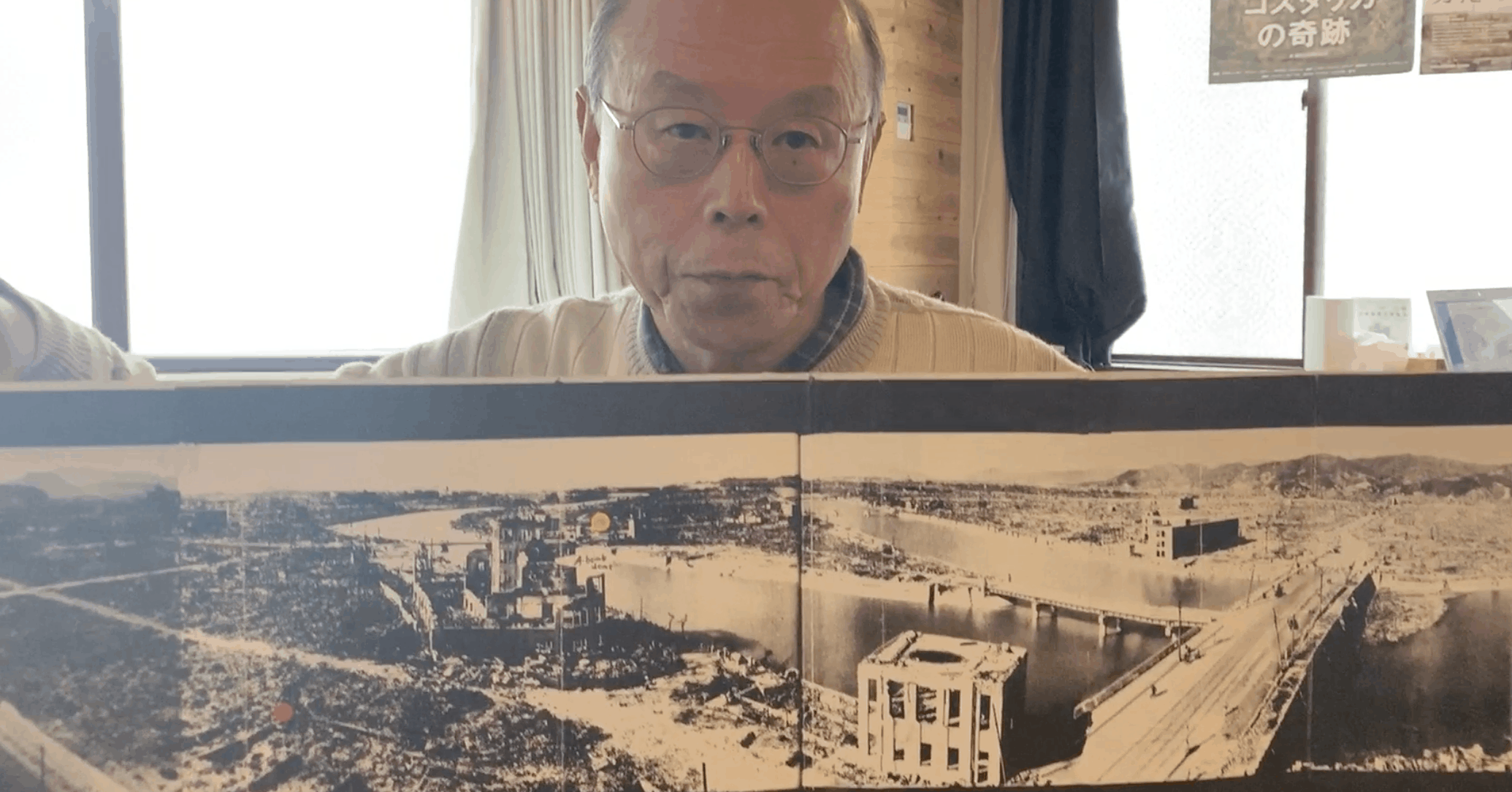
I’ve been fortunate to listen to many A-bomb survivors’ testimony over the years and it is always a powerful and impressive experience. Knowing that there is a risk in retelling stories of survival, even after so many generations, is a powerful realization.
It is so important that we keep listening to the stories of A-bomb survivors and be mindful of the sacrifice they make to continue to share their stories with us. I would encourage any residents and visitors in Hiroshima to take time to go and talk with A-bomb survivors in person while we still can.
I really appreciate the opportunity to hear his testimony first hand in this 75th year since the A-bomb was dropped on Hiroshima. By keeping these stories alive, we have a better chance to keep perspective on the things in life that truly matter. Remembering Hiroshima’s legacy helps persuade us to strive to live in a world without war and nuclear weapons.
Kazuhiko Futagawa gives regular talks about his experiences at Hachidorisha Social Book Cafe.
Social Book Cafe Hachidorisha
URL | Facebook


